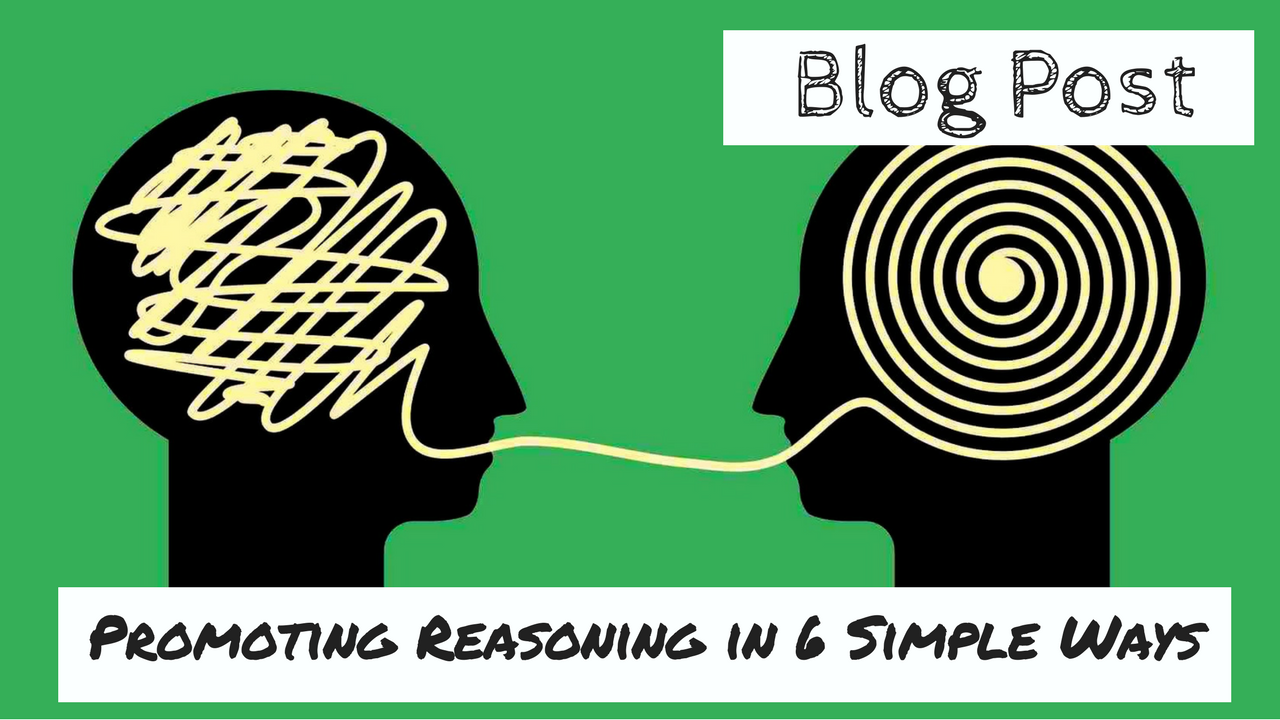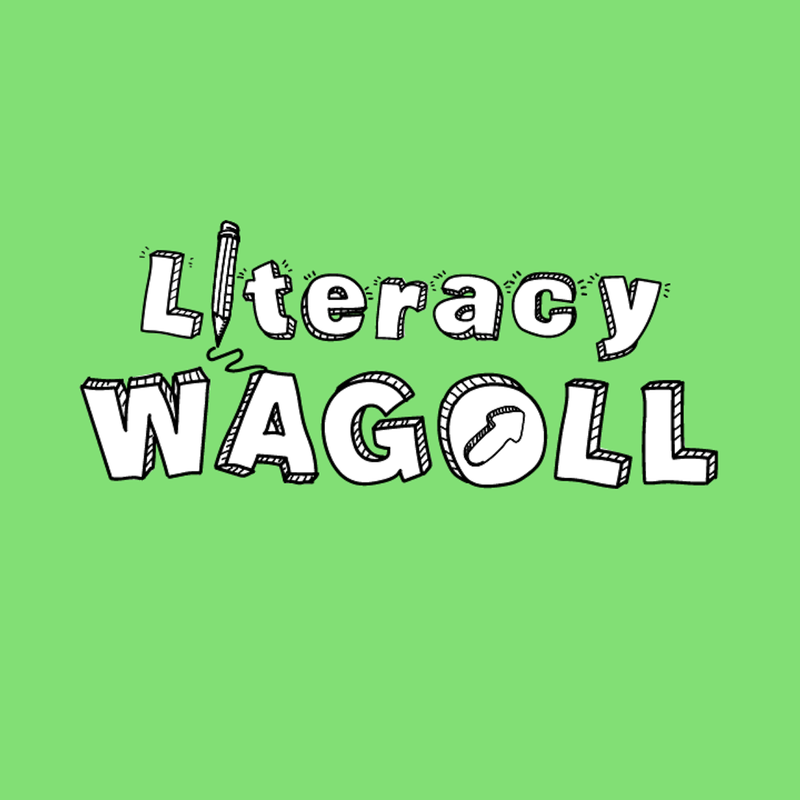|
Learning to think critically and reason may be one of the most important skills that today's children will need for the future. Ellen Galinsky, author of Mind in the Making, includes critical thinking on her list of the seven essential life skills needed by every child. In today’s global and rapidly changing world, children need to be able to do much more than repeat a list of facts; they need to be critical thinkers who can make sense of information, analyse, compare, contrast, make inferences, and generate higher order thinking skills. To get you started, here are six simple ways to get your children reasoning! Prove It!A statement is given with the correct/incorrect answer. Children have to prove the answer is incorrect/correct by gathering evidence from their learning to support their argument.
Convince Me!Similar to Prove It, convince me asks children to use their learning to explain and evidence why something is true or false.
What if...?!'What if' are open ended ideas that require children to use their learning to predict an outcome based upon evidence.
Odd One Out!'Odd One Out' identifies a number of items/objects and asks the children to use their knowledge learned to decide which is the odd one out.
Same/Different or Better/Worse!Same and different provides a number of items/objects and tasks the children with comparing them either differences and similarities or which is better/worst.
Always, Sometimes, Never!This tasks is similar to convince me but does not provide the answer for them to evidence. The children have to gather evidence based on their learning in order to draw a conclusions whether something always, sometimes or never is true.
1 Comment
|
SearchWith a keen interest in the neuroscience and psychology of learning, WAGOLL Teaching is about sharing research alongside great, simple teaching ideas to a global teaching community.
Ben has been in education for over 10 years and is passionate about simplifying high quality teaching and learning through innovative and practical approaches in the classroom. sUBSCRIBE |
|
Who are we? |
With a keen interest in the neuroscience and psychology of learning, WAGOLL Teaching is about sharing research alongside great, simple teaching ideas to a global teaching community.
|
All copyright reserved ©.
I would like to remind all visitors to this website that all pages on this site are copyright protected, unless stated. Most importantly, this site is for the use and enjoyment of all children, parents, guardians, carers and teachers who are involved in WAGOLL Teaching. Please use the resources/ideas as you need without replicating them for your own gains.
I would like to remind all visitors to this website that all pages on this site are copyright protected, unless stated. Most importantly, this site is for the use and enjoyment of all children, parents, guardians, carers and teachers who are involved in WAGOLL Teaching. Please use the resources/ideas as you need without replicating them for your own gains.









 RSS Feed
RSS Feed


